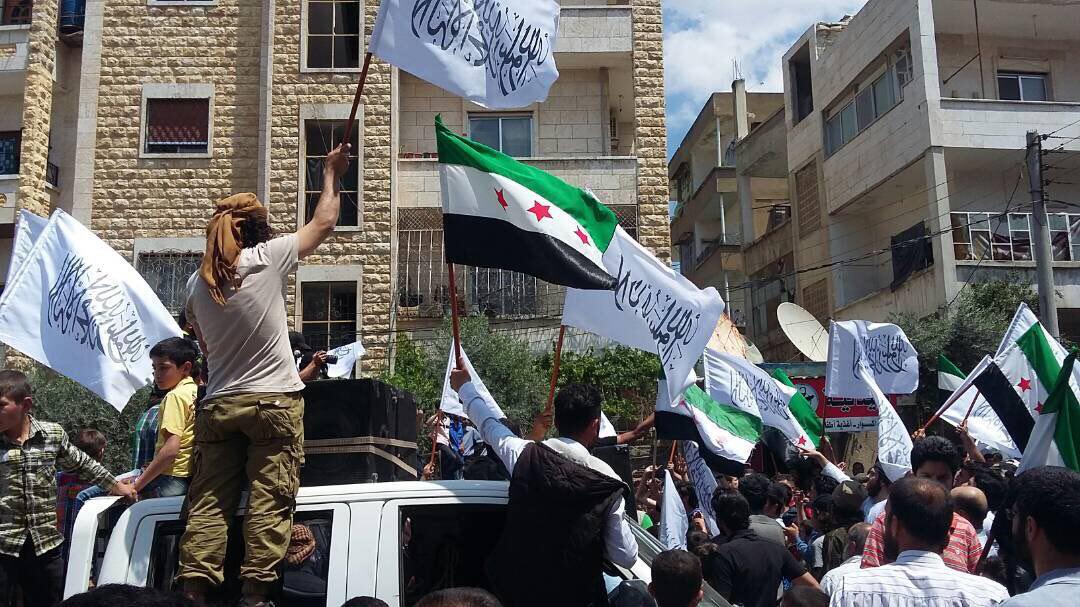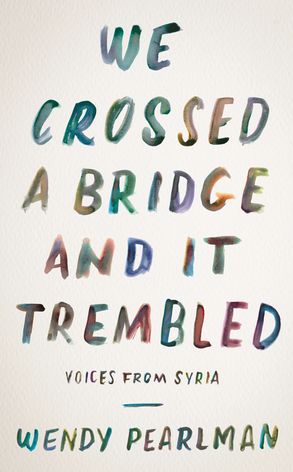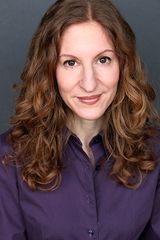
'Syrian violinist and composer Alaa Arsheed plays the violin with his eyes closed, following the rhythm and moving slightly to the notes. When he reopens them, he smiles widely at his friend and fellow composer, Isaac de Martin, who smiles back at him.
Music is their passion, and they aim to use it to send a message of peace. After being invited to perform with their band, the Adovabadan Jazz Orchestra, at a journalism festival in Italy last month, the duo opted to launch a crowdfunding campaign to play their music along a route well-travelled by Syrian refugees.
"The idea is that of a music tour by camper through the Balkans, driving from Italy to Greece, walking [along] the refugees' route, meeting artists and recording an album, as well as providing music sessions and workshops for refugees," said Arsheed, a Syrian refugee who has lived in Italy since 2015.
Although he misses his family, who are split between Syria and Lebanon, Arsheed decided to seek asylum in Europe after he was granted a music scholarship by the Italian organisation Fabrica. In the meantime, he holds regular jamming sessions over Skype with some of his family members who are also musicians.
Playing the violin takes Arsheed back to his memories of his home city, Sweida, in southern Syria. In 2006, his father founded an art space and library called Alpha, where artworks were exhibited monthly and young musicians used to gather, listen and play music.
To Arsheed, this represented the beginning of a broader cultural revolution in the Arab world, culminating in the 2011 uprising.
"If you entered this art space, you could see someone painting while another was playing an instrument, and a lot of people were coming in and sharing," Arsheed recalled. "Every week, we had a different cultural event: fine arts exhibitions, poetry nights and music concerts. And so, every week, we had also a man from the [Syrian] intelligence, sitting at the table, watching and listening to our talks.
"But I felt his human side," Arsheed added. "When he was looking at paintings and listening to music, he was touched by that."
To Arsheed, this represented the beginning of a broader cultural revolution in the Arab world, culminating in the 2011 uprising.
"If you entered this art space, you could see someone painting while another was playing an instrument, and a lot of people were coming in and sharing," Arsheed recalled. "Every week, we had a different cultural event: fine arts exhibitions, poetry nights and music concerts. And so, every week, we had also a man from the [Syrian] intelligence, sitting at the table, watching and listening to our talks.
"But I felt his human side," Arsheed added. "When he was looking at paintings and listening to music, he was touched by that."
During the uprisings that spread across the Arab world in 2011, Sweida's citizens also began to demonstrate peacefully in the streets, expressing a sincere desire for change. The state's reaction, however, was swift and harsh.
"Men of pro-government militias came to destroy and attack our space, burning books and musical instruments," Arsheed said. "When these violent men see art, they see freedom; this is the reason why they arrived there to steal our dreams. They were afraid of change, and they wanted everyone to be like them. On the contrary, in that period, someone wrote in a cafe [the famous phrase]: 'I disapprove of what you say, but I will defend to the death your right to say it.'"
The art space was forcibly closed by police and Arsheed's father was jailed for a month. At that point, Arsheed and his sisters realised that it was no longer safe for them to remain in Syria.
Arsheed left with his violin and a few belongings, and moved to Beirut to finish his studies in music. He also taught music in the Palestinian refugee camps of Sabra andShatila, worked in television, radio and theatre, and had the chance to play violin for a performance of Majnoon Yehki alongside Lebanese playwright Ziad Rahbani in 2013.
"Men of pro-government militias came to destroy and attack our space, burning books and musical instruments," Arsheed said. "When these violent men see art, they see freedom; this is the reason why they arrived there to steal our dreams. They were afraid of change, and they wanted everyone to be like them. On the contrary, in that period, someone wrote in a cafe [the famous phrase]: 'I disapprove of what you say, but I will defend to the death your right to say it.'"
The art space was forcibly closed by police and Arsheed's father was jailed for a month. At that point, Arsheed and his sisters realised that it was no longer safe for them to remain in Syria.
Arsheed left with his violin and a few belongings, and moved to Beirut to finish his studies in music. He also taught music in the Palestinian refugee camps of Sabra andShatila, worked in television, radio and theatre, and had the chance to play violin for a performance of Majnoon Yehki alongside Lebanese playwright Ziad Rahbani in 2013.
But only after he arrived in Italy was he finally able to produce his debut, Sham, an eight-song album inspired by his life and musical journey. Along with de Martin, Arsheed later founded Alpha Art to pursue the construction of a new international art gallery based on the one founded by his family in Sweida.
After many concerts and a festival in Italy, the duo are now focusing their energies on the next big project: their tour through the Balkans route.
"The journey will take approximately one month," de Martin estimated. "The camper will serve us to move, to sleep and to record. In fact, we want to transfer our studio in there: speakers, mixers, PC, microphones, cables, musical instruments. At each stage of our journey from Italy to Greece - crossing Slovenia, Austria, Hungary, Romania, Serbia, Bulgaria, Macedonia - we will interact with talented artists and with people and register a track for the album Seeds."
At the same time, the music tour will become a documentary film, with a director and crew joining them along the route.
"I hope this project also produces seeds of hope for Syria," Arsheed said. "Music has to become the turning point from brutality to hope." '
After many concerts and a festival in Italy, the duo are now focusing their energies on the next big project: their tour through the Balkans route.
"The journey will take approximately one month," de Martin estimated. "The camper will serve us to move, to sleep and to record. In fact, we want to transfer our studio in there: speakers, mixers, PC, microphones, cables, musical instruments. At each stage of our journey from Italy to Greece - crossing Slovenia, Austria, Hungary, Romania, Serbia, Bulgaria, Macedonia - we will interact with talented artists and with people and register a track for the album Seeds."
At the same time, the music tour will become a documentary film, with a director and crew joining them along the route.
"I hope this project also produces seeds of hope for Syria," Arsheed said. "Music has to become the turning point from brutality to hope." '








